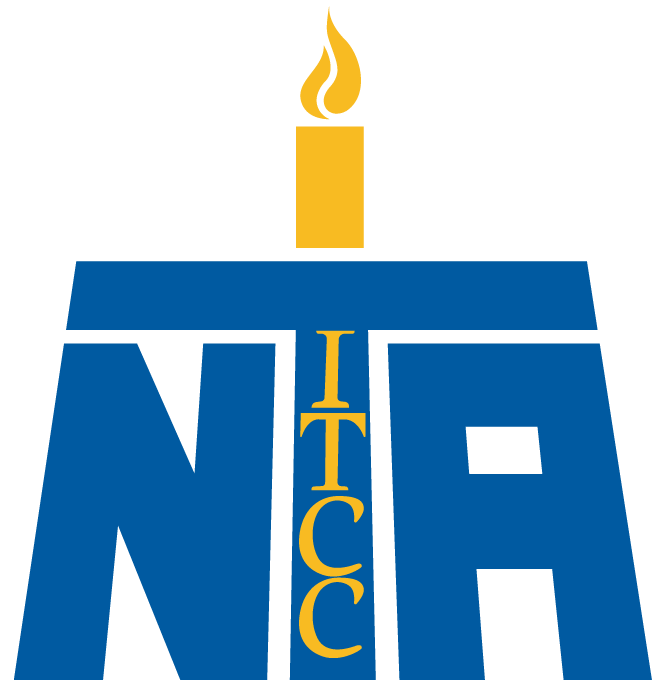Emerging Leaders Programme
The programme theological framework is based on God’s enabling grace, redemption, hope and total dependence on God’s guidance, anointing, and the individual’s call to ministry. It is theologically informed by these scripture: Philippians 3 v 17; 1 Corinthians 4 v 15 – 16; 1 Corinthians 11 v 1; Deuteronomy 6 v 4 – 8; Matthews 7 v 24 – 27; Titus 2 v 1-8; 2 Timothy 4 v 12; Ephesians 6 v 12; 2 Timothy 3 v 10 – 11. These scriptures speak to training, instructing, mentoring and the need for emerging leaders to follow the footprints of their spiritual leader and or predecessor. The need for accountability, character formation and practical action in addition to the personal discipline of prayer, fasting, bible study, devotion and commitment to the life of a servant minister is evident in these readings.
Learning Outcomes
To develop and equip Emerging Leaders with the skills necessary to manage a Christ-centred Organisation in the 21st century by:
Providing the Emerging Leaders with the fundamental principles and theories of Leadership and Management;
Enabling students to gain insight into the theology and biblical models of Leadership and Management;
Providing students with practical experience in management and administration by observing leaders at work in a contemporary setting;
Enabling Emerging Leaders to self- appraise their developmental and personal needs;
Enabling Emerging Leaders to examine different personality types and to explore different leadership styles and techniques;
Explore issues relating to the church in contemporary society, e.g. ethics, values differing church views and world views;
Equip the student with a framework of theological reflection using a range of models, in the practice of Christian ministry and in a variety of settings;
Develop the Emerging Leaders ability to reflect critically on personal and corporate spiritual experience, and on the relationship between faith and wider contemporary issues;
Offer specific vocation-based opportunities to critique knowledge and identify ministry pathways;
Cultivate the discipline of independent analytical thought, reflection, reading and research, with skills to discern appropriate resources and apply them
Admissions Criteria
Pastors to identify emerging leaders
When
TBC
Programme Outline
My identity through Christ; self -esteem issues
Discipleship/mentoring/ coaching
The African & Caribbean Diaspora
An overview of Church history
History of the Black Majority Churches
Essential aspects of the NTA as a credible 21st century organisation
The role of the church in post -modern society and the ambiguous sometimes contradictorily expectations by members and non-members
Theories of personality, character formation and leadership styles
Leadership emergence and development for a changing church and world culture
The church environment, the world around us, politics with reference to war and peace, ethics, morality, and conformity issues;
Interfaith and multi faith issues in contemporary society
Ministry pathways e.g. preaching, teaching, worship, music, mission, youth ministry, administration, leadership and management
The theories and concepts of teamwork
Charity Laws
Basic book-keeping skills
Public speaking and media skills
Strategic thinking, vision, planning and managing
The theories and concepts of change management
Engaging with the community

